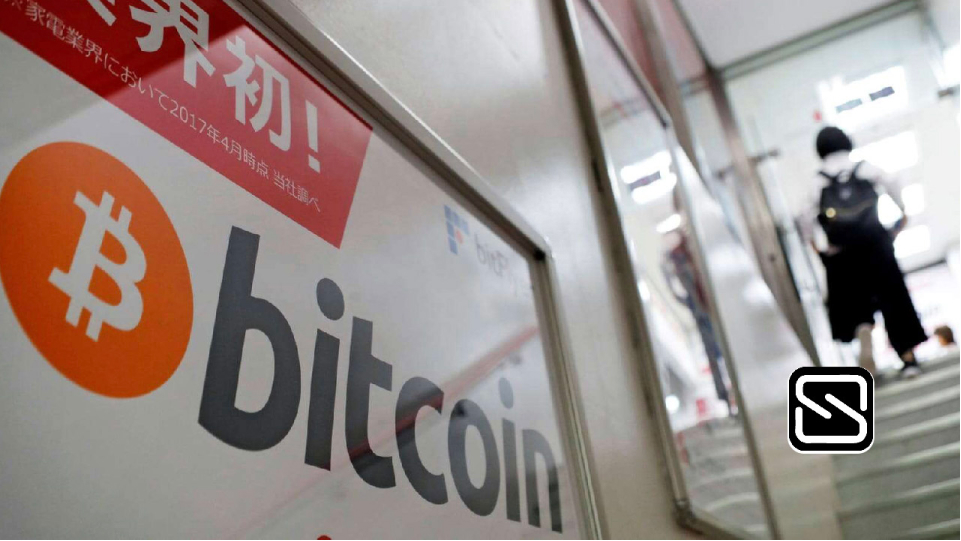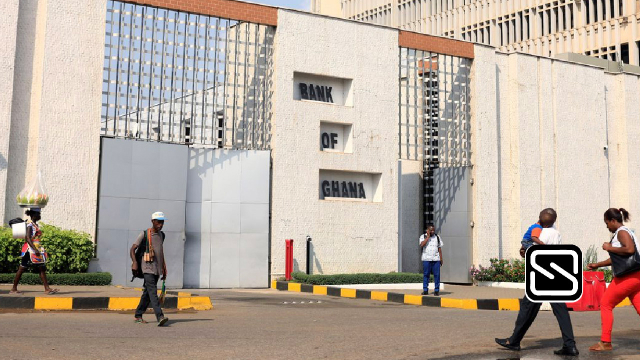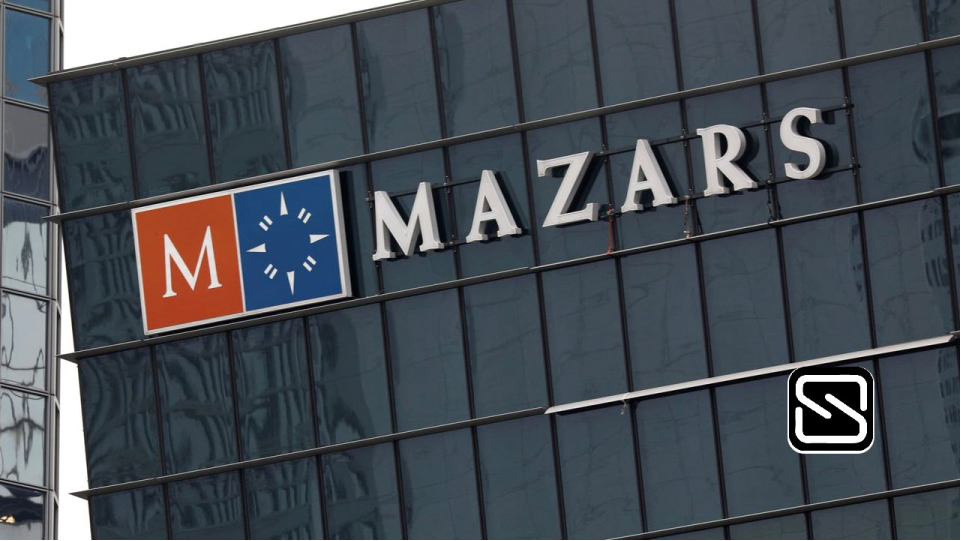A Chinese province, Zhenjiang, recently unveiled its metaverse development strategy on December 15 with the goal of becoming one of the greatest metaverse hubs in the country. The plan, which contemplates the integration of several active companies into the metaverse, aims to produce a $28.7 billion metaverse industry by 2025.
In the document, the province outlines the actions that it will need to reach its goal, starting in 2023. One of these includes the incubation of 10 industry leaders and 50 companies involved in several of the key technologies related to the metaverse, like AI (artificial intelligence), VR (virtual reality), and even blockchain.
These technologies will be applied to several processes to integrate companies dedicated to product production, industrial design, medicine, and even the government to this metaverse push.
The strategy is a reflection of plans already developed and put forth by other Chinese local governments with a similar interest in the metaverse as a development tool. In June, Shanghai presented its own roadmap to becoming a $52 million metaverse cluster.
China is becoming a hotbed for metaverse projects, as several companies in the country have shown interest in developing related tech. On September 5, local sources reported that the metaverse industry in the country had raised $780 million, with the expectation of this number to grow to $5.8 trillion by 2030.
Even the Chinese Government is also interested in the development of metaverse-related tech. In November, the Chinese government presented a plan to research virtual reality (VR), in order to advance the technologies to build a more immersive experience. The same plan contemplates the construction of a virtual social world that would allow users to socialize and communicate online.
Chinese software behemoth Tencent has already jumped on the metaverse van, creating its own division dedicated to this area and aiming to employ more than 300 workers in different tasks and projects.
However, the Government has criticized the euphoria that is brewing when it comes to metaverse-related investments. State-run newspaper Economic Daily published an article that warns about this, stating that the metaverse industry sounds promising, but it may not fit every region.









